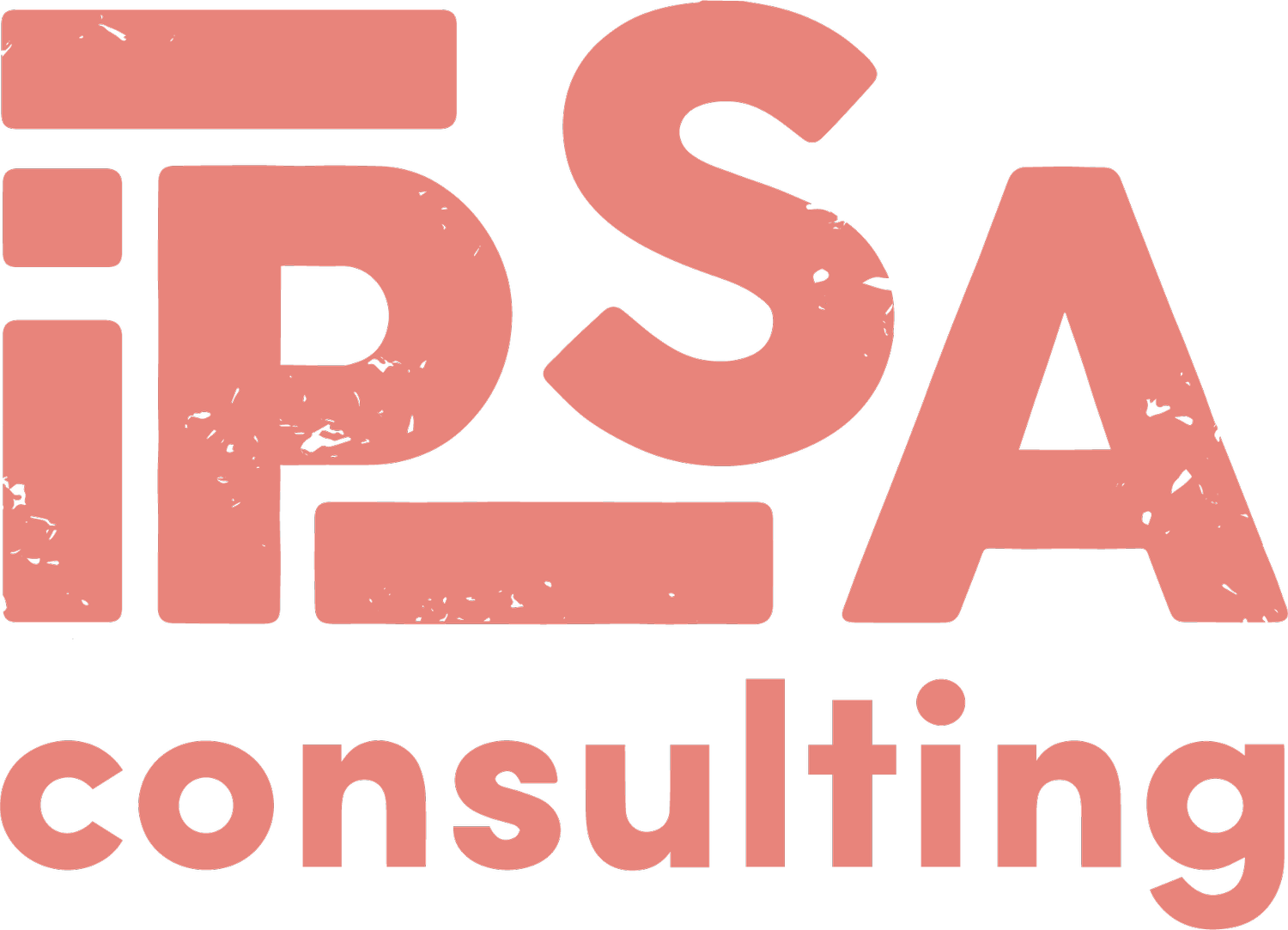Is Copy Psychology an Ethical Marketing Technique?
Sue Moore is a Copywriter and Psy-Copy® strategist at Virtual Gold Dust. Sue’s expertise is copywriting psychology, applied to messaging and brand voice. She writes about copy psychology for marketers on her Substack, Ink Tank.
Firstly, what’s copy psychology and why should ethical marketers get clued up about it?
Copy psychology is all about understanding heuristics (our decision making rules-of-thumb) and the psychological triggers influencing how buyers behave. Some copywriters like me use these insights to create more relatable and persuasive copy.
So is this a marketing technique with integrity?
To me, it's a bit like asking if marketing is an ethical profession. The nuanced answer to both questions is the same - it depends.
It depends on how we use the insights. It depends on the product or service we’re marketing. It depends on the brand values behind the copy. Because copy psychology is not simply a golden ticket to sales. Messaging can’t do the heavy lifting for a subpar product or service.
Let’s be loud and clear: copy psychology can’t polish a t*rd
Simply applying copy psychology won’t offer long-term marketing traction if the actual product is a hot mess. Applied strategically, it might give an early boost to sales. Any sales will fizzle out fast if the messaging promises more than the product delivers. So for practitioners of copy psychology, this is the dilemma - is it principled business practice to take on a client if you don’t believe in their brand? Or share their values?
For copywriters like me, the power of copy psychology might mean thinking twice about the projects we take on. Of course, turning down work is not a privilege everyone can indulge in. It makes the dilemma even more complex. Surely the onus to be ethical is on the brands first, and the copywriters they contract or employ second?
And here’s another nuance: I work mainly with service businesses, in niches like marketing, market research, and consulting. It’s not easy to determine from the outside if a service is a dud. It doesn’t obviously wear away or break like a shoddy product. While we can do our due diligence, often copywriters must take on trust in the claims our clients make.
Should we even try to get into buyers’ heads?
Here’s another phrase marketers use all the time - “get into buyers’ heads”. I’ve used it myself. It’s one of those goals that sounds reasonable among other marketers. However, when you hear it through buyers’ ears, it can feel shady or exploitative. It suggests marketers are keen to maximise subconscious cognitive biases (and pain points) for revenue.
Marketers want to get into buyers’ heads.
Buyers themselves want nothing of the sort.
Expert copywriters use the voice of customer research to craft their messaging to mimic buyers’ own language. It’s understandable how this might sometimes be considered problematic. Then other marketing applications are clearly manipulative. False scarcity. Misleading messaging. Countdown timers that reset. Fake waitlists (anecdotally, this is common in the beauty niche - just listen to the insights of industry critic Jessica DeFino).
Many copywriting frameworks include drawing attention to pain points, and agitating the associated feelings. But what if those feelings include embarrassment, shame, guilt, insecurity or fear? Is it right for copywriting to poke at those painful buyer emotions? I’ve written before about fear in B2B marketing, suggesting copy psychology should focus on linguistic layers of reassurance, rather than repeatedly stirring up worry and unease.
Thankfully, buyers are not so easily manipulated. As consumers, we’re pretty good at sniffing out all kinds of hypocrisy, whether it’s blatant or extremely subtle. Authentic, ethical brands must align values with messaging. You can explore more here about the triggers for midlife women’s buying decisions, and how brand language can reflect these emotions with empathy.
And if we don’t see values/messaging misalignment ourselves, others will helpfully point it out for us. Witness the International Women’s Day spectacle on Twitter a few years ago, when businesses discovered their IWD-supportive tweets were swiftly followed up by an anonymous post about their Gender Pay Gap stats. That’s the kind of messaging buyers will quickly call brands out for. Whether we’re consumers, employees or contractors, we seem to have a sixth sense for recognising surface-level ethics. We recognise when brands shy away from putting their money where their mouth is. Or when they try to shoehorn an ill-fitting purpose onto a marketing campaign. I’m not suggesting buyer scrutiny is our only defence against unethical marketing. But it’s an influential force that’s grown exponentially in the era of social media.
What does ethical copywriting look like?
From the copywriter’s point of view, ethical copy psychology starts with respecting buyers as thinking, feeling humans. It means thinking deeply about the frameworks we use and the feelings we evoke. It means encouraging more nuanced thoughts about messaging and value alignment.
To give just one example in practice, a persuasive (but principled) copy technique is to reveal who a product or service is NOT a good fit for. This helps ideal buyers self-select. It also suggests a level of honesty and trustworthiness built into the brand messaging.
So is copy psychology a principled technique for marketers?
As part of a broader discussion about ethical marketing, this is a complex question with no easy answers. I can’t offer a straightforward yes/no, but as a copy psychology strategist, I welcome the debate.
You can follow Sue on Instagram here.
